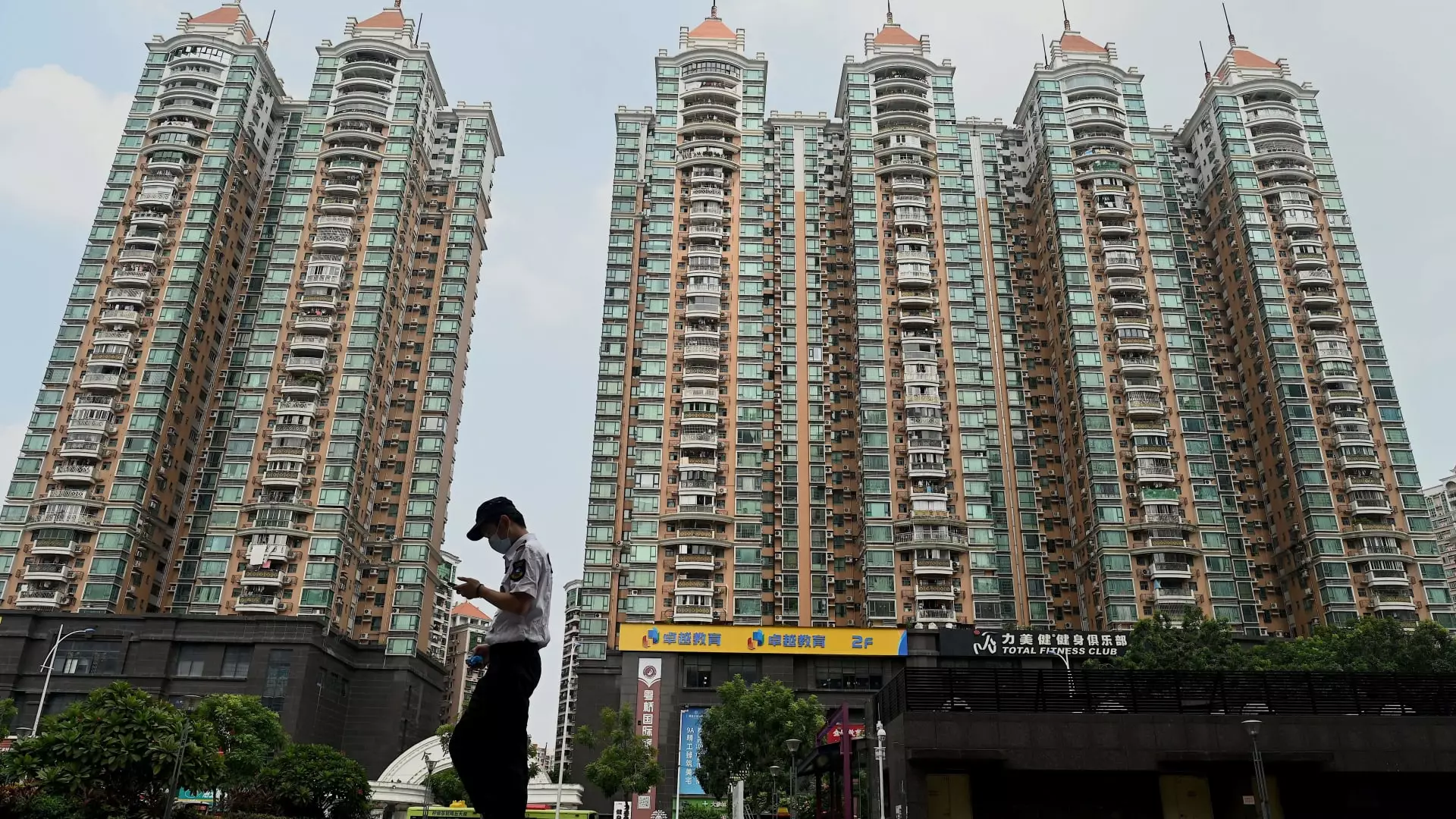The Chinese real estate market, historically a cornerstone of the nation’s economy, has recently faced significant challenges following stringent measures placed on developers and home buyers. However, recent policy changes in major cities illustrate a multifaceted strategy to revive this crucial sector. This article delves into the latest developments in property regulations and their implications for buyers and the broader economy.
On a pivotal Monday, shares of Chinese property developers surged as local governments announced a sweeping relaxation of home purchasing regulations. In Guangzhou, the government declared the removal of all prior restrictions on home acquisitions, effective immediately. Previously, potential buyers faced various hurdles—such as mandatory tax payments or social insurance records—that limited their buying capability. Notably, these regulations disproportionately affected migrant families and single individuals, who were previously restricted to one or two homes.
Cities like Shanghai and Shenzhen quickly followed suit. Shanghai reduced the minimum tax-paying period for homebuyers from three years to one year, while also lowering the required down payment for first-time purchases to around 15%. Shenzhen expanded its purchasing capacity for families, allowing those with two or more children to buy an additional home in specified districts. These adjustments signal a concerted effort by local authorities to stimulate buyer sentiment and inject vitality back into the property market.
The immediate effects of these easing measures were felt across the stock market. The Hang Seng Mainland Properties Index witnessed a dramatic 8.36% increase in the morning session, extending its prior week’s impressive gains. Major real estate players, including Longfor Group Holdings and Hang Lung Properties, saw their shares rally by significant margins. This robust market response underscores investor optimism surrounding the potential for revived sales and a subsequent economic recovery driven by real estate transactions.
The performance of mainland indices wasn’t any less remarkable, with the CSI 300 index climbing by 6%—the best week the index has experienced in nearly 16 years. Such statistics reflect the current sentiment shift among investors who are hopeful that easing regulations will provide much-needed momentum for real estate transactions, especially in first-tier cities like Beijing, Shanghai, and Guangzhou.
Despite these positive market reactions, experts express a cautious outlook regarding the longevity of this recovery. Analysts, including Allen Feng from Rhodium Group, highlight that while the policy easing might bolster property sales in top-tier cities, the same measures might yield limited benefits in smaller urban areas grappling with excessive inventories. Gary Ng, an economist at Natixis, concurs, asserting that these changes will likely do little more than stabilize the market rather than trigger a complete turnaround.
The hesitance among analysts stems from previous failed attempts by the government to invigorate the property market. Despite extensive measures to alleviate the financial burden on households, those strategies have yielded disappointing results. This prompts suggestions that a more aggressive approach may be required to address underlying issues in the sector.
Acknowledging the situation’s complexity, policymakers have recently underscored the necessity for a broader strategy. Following a high-level meeting chaired by President Xi Jinping, the Chinese government reaffirmed its commitment to combating the falling real estate market and stimulating a stable recovery. Recent initiatives from the People’s Bank of China, including lowering interest rates on existing mortgages, also reflect the broader policy shift aimed at reenergizing consumer confidence.
Industry experts echo the sentiment that completing stalled or abandoned real estate projects is critical for restoring buyer trust. With only a small fraction of construction completed this year, accelerating these projects can serve as a crucial catalyst for demand.
While the easing of purchasing restrictions and supportive government policies aim to revitalize China’s faltering real estate sector, the sustainability of these efforts remains uncertain. The juxtaposition of soaring stock prices against a backdrop of limited market recovery encapsulates the fragility of this situation. The outlook will ultimately depend on the execution of comprehensive strategies that address both buyer confidence and persistent overstock issues. As the Chinese economy pivots from its real estate reliance, the ability to adapt to emerging challenges will dictate the future of this central growth driver.

